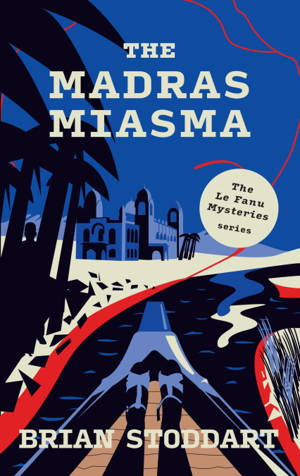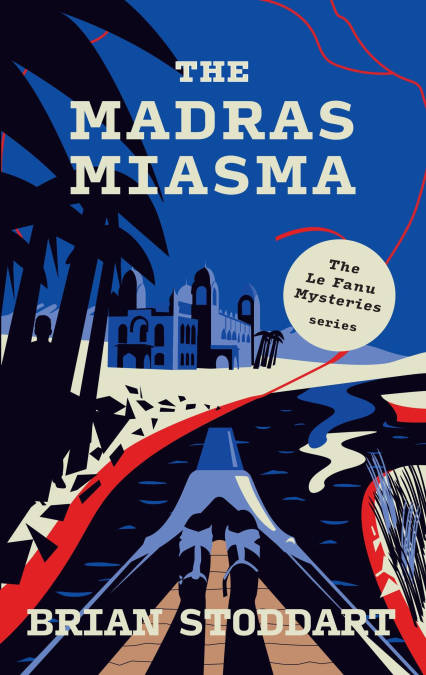
- Retrait gratuit dans votre magasin Club
- 7.000.000 titres dans notre catalogue
- Payer en toute sécurité
- Toujours un magasin près de chez vous
- Retrait gratuit dans votre magasin Club
- 7.000.0000 titres dans notre catalogue
- Payer en toute sécurité
- Toujours un magasin près de chez vous
Description
Superintendent Chris Le Fanu heads a special 1920s Crime Unit in the Indian city of Madras but is in conflict with Commissioner Arthur Jepson who despises the Unit's use of investigative methods pioneered by Austrian criminologist Hans Gross. With nationalist demands rising, the European community wants hardline police action and his colleagues in the force prefer repression over negotiation but Le Fanu doubts Britain has a long-term future in India.
Meanwhile, his personal life is complicated because his wife has left him, unable to cope with a man changed by his war experiences and Ro McPhedren, his Anglo-Indian housekeeper, becomes his lover so he risks social stigma within a British Indian community that despises mixed-race relationships.
Then, a member of the "fishing fleet" (English women who come to India seeking husbands), is found dead in a Madras canal following a garden party at a senior bureaucrat's home, and she is found to have consumed morphine. The Unit is assigned the case and Le Fanu is assisted by his new sergeant, Mohammad Habibullah, a Muslim with an English education, an excellent police track record, and several enemies among envious European policemen.
Navigating some quite different layers of Madras society Le Fanu and Habi uncover deep political divisions, cultural rifts, personal feuds and the rise of a new drug culture. The trail leads into the new film industry. Le Fanu upsets senior official and commercial figures in this tight, closed, hierarchical city and ignores instructions to "go slow" on the investigation.
He and Habi persist, solving the case and smashing an international drug ring but Le Fanu's personal and professional futures remain uncertain. Ro McPhedren leaves for a new post in Hyderabad while Jepson is somehow promoted to Inspector-General with the power to close the Crime Unit.
Le Fanu and Habi wonder what comes next.
Spécifications
Parties prenantes
- Auteur(s) :
- Editeur:
Contenu
- Langue:
- Anglais
- Collection :
Caractéristiques
- EAN:
- 9798223013570
- Date de parution :
- 12-05-24
- Format:
- Ebook
- Protection digitale:
- /
- Format numérique:
- ePub

Les avis
Nous publions uniquement les avis qui respectent les conditions requises. Consultez nos conditions pour les avis.






